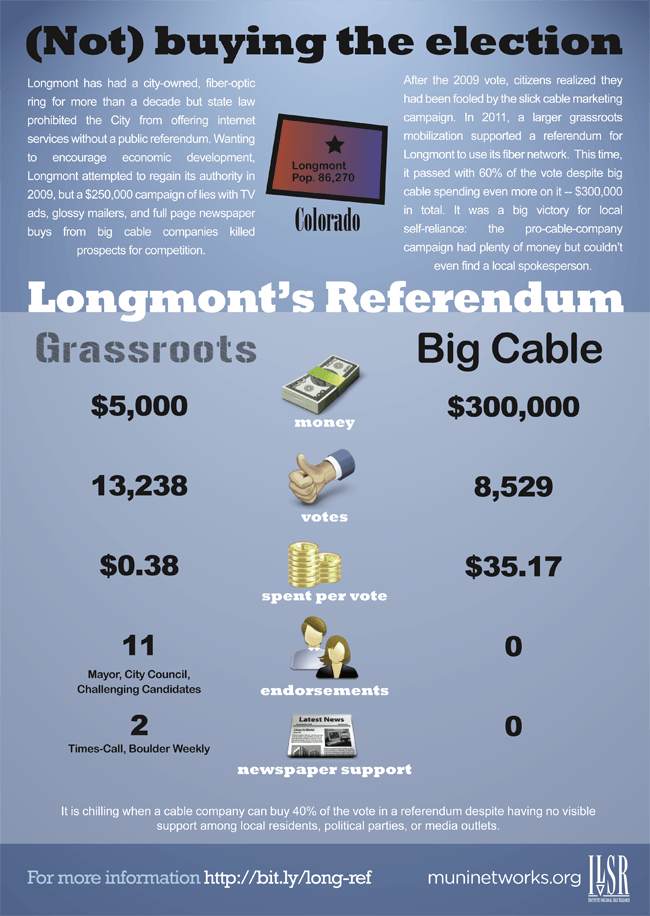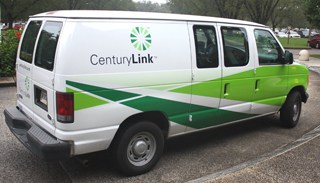Time Warner Cable wants to introduce usage-based broadband pricing for its residential customers, according to the company’s chief financial officer.
Irene Esteves told investors attending a UBS media investor conference the cable company sees broadband usage as a “complement to our TV offering,” but reassured Wall Street Time Warner has a “wonderful hedge” against the cord-cutting customer: usage-based pricing.
Esteves believes usage-based pricing for Time Warner Cable broadband will become a reality sooner or later. Charging “heavy users” more would already be familiar to consumers used to paying higher prices for heavy use of other services, and she claimed light users would have the option of paying less.
But despite favorable reception to the idea of usage pricing by Wall Street, Esteves acknowledged the company’s past experiments in usage pricing didn’t go as planned, and she suggested the company will introduce usage pricing “the right way rather than quickly.”
Esteves’ view of broadband pricing echoes that of Time Warner Cable CEO Glenn Britt, who in 2009 approved an experimental pricing scheme that raised the price for flat-rate broadband to a whopping $150 a month. The plan was shelved by Britt less than two weeks after it was announced because of consumer backlash and political pressure.
Time Warner Cable was the loudest proponent of usage pricing at the investor event. Comcast CFO Michael Angelakis told the same conference while the company wasn’t opposed to the concept of charging customers for usage, he saw no immediate need to “nickel and dime customers” for broadband service.
Critics of usage pricing point to the enormous profits cable companies earn from existing flat-rate broadband service. One Wall Street analyst says cable operators already collect a 95% profit margin on unlimited service, and Comcast pays costs of around $8 a month for broadband it sells for $40-50.
Esteves’ comments come the closest yet to admitting what Internet Overcharging critics have claimed all along — usage-limiting pricing schemes are about protecting revenue from cable television packages, and boosting profits that have waned on the television side of the business. In the 2009 experiment, light users would have faced usage limits as little as 1GB per month, with a steep overlimit penalty, so critics doubt light users would realize any significant savings, and “heavy users” would face overlimit penalties that represent almost pure profit for the cable operator.


 Subscribe
Subscribe






